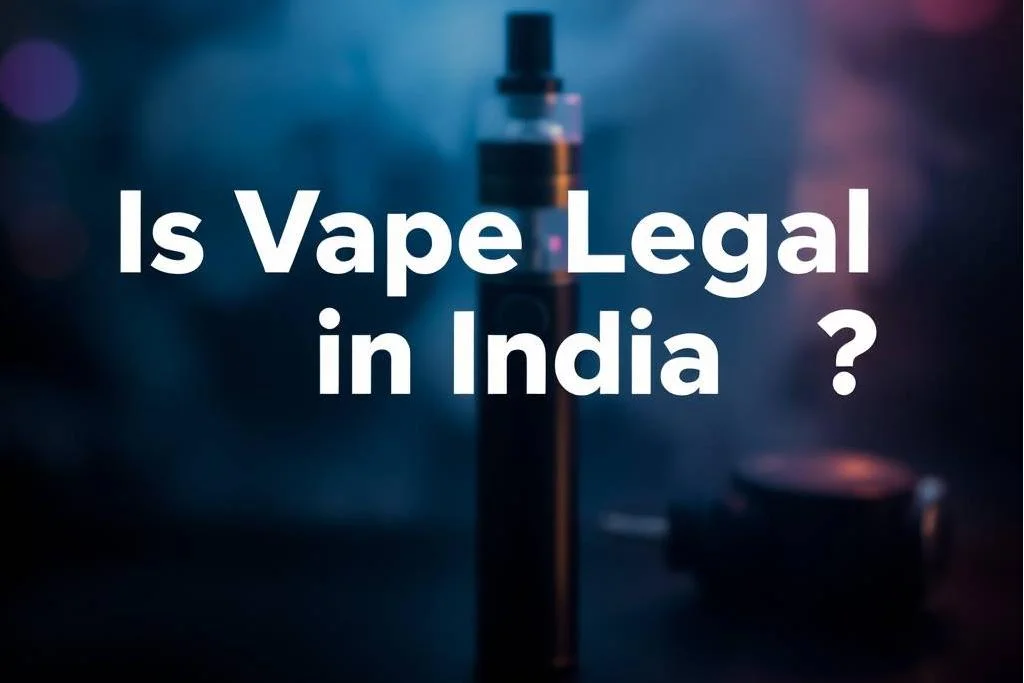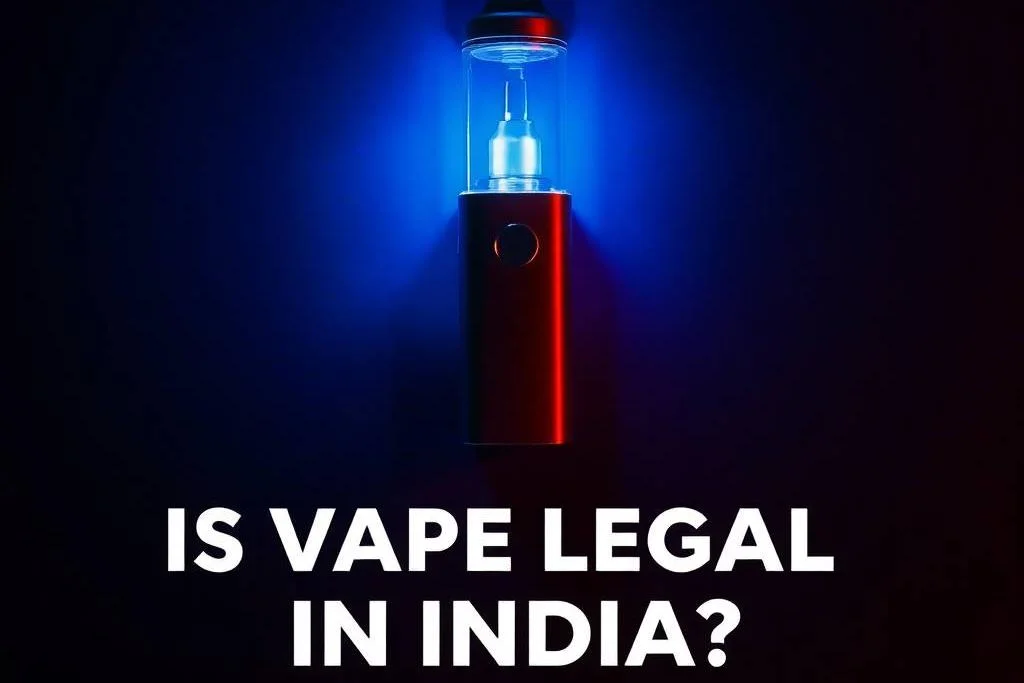Is Vape Legal in India?
The vaping industry has grown rapidly across the globe, but in India, its legal status is a topic of confusion for many. With strict regulations and nationwide bans, users often wonder: Is vape legal in India? This guide provides a clear breakdown of the current laws, background, and what it means for consumers and sellers.
The Legal Status of Vaping in India
In India, vaping is banned under the Prohibition of Electronic Cigarettes Act, 2019. This law prohibits the production, manufacture, import, export, transport, sale, distribution, storage, and advertising of e-cigarettes and vaping devices.
This means:
- You cannot legally buy, sell, or import vapes in India.
- Possession of a vape for personal use is not criminalized, but enforcement varies.
- Online sales and cross-border purchases are also banned.
The Indian government introduced the ban citing public health concerns, especially the rise of youth vaping. The Ministry of Health emphasized that vaping products could lead to nicotine addiction and act as a gateway to smoking.

Why Did India Ban Vaping?
Several reasons influenced the decision:
- Youth Appeal – Flavored vapes and sleek designs attracted young users.
- Health Concerns – Lack of long-term studies raised worries about lung health.
- Nicotine Addiction – Authorities feared vaping could increase nicotine dependency.
- Tobacco Industry Protection – India has one of the largest tobacco-consuming populations, and critics argue the ban indirectly protects the tobacco industry.
Can You Use Vapes in India?
While using a vape is not explicitly punishable under the Act, buying or selling one is illegal. In practice, enforcement differs across states. Some users still obtain devices through unofficial markets, but this comes with legal risks and lack of product safety standards.

Alternatives Available in India
Since vaping is banned, users often turn to:
- Nicotine Replacement Therapy (NRT): Patches, gums, and lozenges are legally available.
- Traditional Smoking: Still widely accessible, though harmful.
- Herbal Products: Some companies market herbal or non-nicotine devices, but these remain under regulatory watch.
Conclusion
In India, vaping is illegal under the Prohibition of Electronic Cigarettes Act, 2019, which bans the manufacture, sale, import, export, and advertising of e-cigarettes. While private use is not directly punishable, obtaining or carrying vapes is prohibited, and enforcement varies across states. The government introduced the ban over concerns about youth addiction, health risks, and nicotine dependence, though critics argue it also protects the tobacco industry. As a result, smokers and vapers in India are limited to alternatives like nicotine gums, patches, and lozenges, while cigarettes remain legally available.
FAQs
1. Is vape legal in India in 2025?
No. As of 2025, vaping remains banned under the Prohibition of Electronic Cigarettes Act, 2019, and no legal changes have been made to lift the ban.
2. Can I bring a vape from another country into India?
No. Importing or carrying vapes into India is prohibited. Customs authorities may confiscate the device and impose penalties.
3. Is it illegal to use a vape in private in India?
The law mainly targets sale, distribution, and promotion. While private use isn’t directly penalized, obtaining the device itself is illegal.
4. Why did India ban vaping but still allow cigarettes?
The government cited health risks and youth addiction for banning vapes. However, cigarettes remain legal, partly due to tax revenue and entrenched cultural consumption.
5. Are there any legal nicotine alternatives in India?
Yes. Products like nicotine gums, lozenges, and patches are legal and available as smoking cessation aids.



